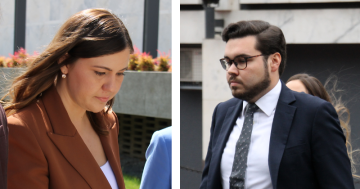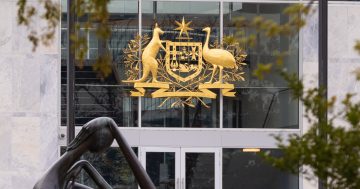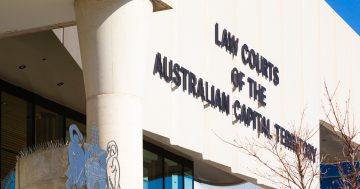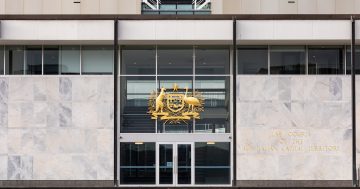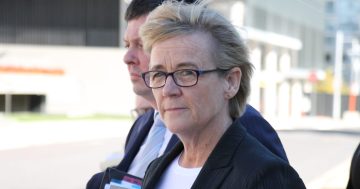
Concerns confiscation of criminal assets law may have unintended consequences.
Concerns are being raised about the ACT Government’s renewed interest in the confiscation of criminal assets.
Michael Kukulies-Smith, one of Canberra’s leading criminal lawyers with Kamy Saeedi Law, says there is not a lot of discretion within the law for judges to work with.
“The legislation around COCA – Confiscation of Criminal Assets, came into being around 2003-2004 but there was never a great deal of resourcing allocated to pursuing applications under that legislation,” Mr Kukulies-Smith says.
“That’s changed in the last six months or so with the employment of three prosecutors within the Office of the Director of Public Prosecutions (DPP) as a COCA team.”
Now that the law is being used and tested in the real world, Mr Kukulies-Smith believes there is the potential for some unintended consequences.
As the legislation states, the purpose of the COCA Act is to, “deprive a person of all material advantage derived from the commission of an offence” and, “To deprive a person of property used, or intended by an offender to be used, in relation to the commission of an offence, and to prevent the person from using the property to commit other offences.”
Ensuring that crime doesn’t pay and disposing of the tools used for crime is the simple explanation, something that Mr Kukulies-Smith supports and isn’t arguing against, however, he believes the 248 pages of detail contained in the legislation are too restrictive for judges. He is concerned petty small-time criminals and even first-time teenage offenders will be impacted beyond the scope of their crime.
“One of the key concepts within the legislation is the idea of ‘Tainted Property’,” he explains.
“That comes with a very broad definition here in the Territory, such that a house would be seen as ‘Tainted Property’ if a single dollar of drug money had gone into the house.
“There is a disproportionality that I fear does the intent of the law a disservice and potentially punishes people beyond what is fair and reasonable.”
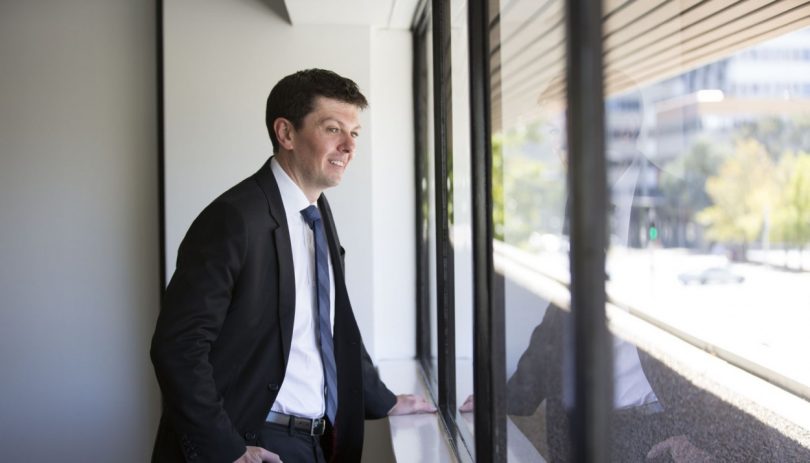
Michael Kukulies-Smith, one of Canberra’s top criminal lawyers. Photo: supplied.
Looking for a hypothetical example, Mr Kukulies-Smith points to a mum and dad growing a handful of marijuana plants as part of a small enterprise and having their home confiscated if a single dollar from the proceeds of their crime went into the house.
“So because they grew a few cannabis plants their house gets seized and a family finds itself without a home,” he says.
“In Victoria, similar laws give judges the ability to make determinations that are more proportional, in the Territory the court doesn’t have that freedom.”
Mr Kukulies-Smith says he will continue to advocate on the issue in his capacity as Chair of the ACT Law Society’s Criminal Law Committee, and as the ACT delegate on the Law Council of Australia’s National Criminal Law Committee.
“At the big end of town, dealing with organised crime, you can’t fault this legislation, it is rightly harsh against organised crime,” he says.
“It’s easy to justify these laws if your targets are outlaw motorcycle gangs and big drug syndicates.
“But I think in an effort to draft legislation that makes it hard for those types of organisations the Government has made a system that actually impacts against people who, sure, have committed criminal offences, but who are essentially ordinary people, people who have possibly made a mistake or made an error of judgement,” Mr Kukulies-Smith says.












